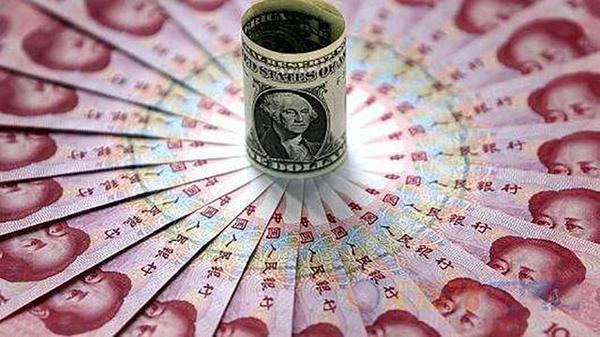Trump, Xi and redefining post-summit relations
- By Kyle Calandra
 0 Comment(s)
0 Comment(s) Print
Print E-mail China.org.cn, April 20, 2017
E-mail China.org.cn, April 20, 2017
|
|
|
Donald Trump has decided not to blacklist China as a "currency manipulator" in an interview with the Wall Street Journal. [File photo] |
This decision to step back from one of his major campaign promises comes only days after his crucial summit with his Chinese counterpart Xi Jinping.
Considering this as a means of avoiding a trade war between the two countries, it could be fortuitous. However, when it comes to decisions like these, Trump remains consistently inconsistent.
Assuming things stand as they are, the question arises as to why would he change his mind? After the relative success of the summit, Trump is likely looking to increase his occupancy of the political real estate. In short, he needs China's cooperation to help solve the volatile North Korean nuclear threat and promote a favorable trade deal.
Hours before the newspaper interview was released, President Xi telephoned Washington to discuss the immediate future of China-US Relations. Following the phone call, Beijing released an official statement to reassure the international community of Xi's good working relationship with his American counterpart and reiterate China's political stance.
As translated by CNN, via TIME Magazine, President Xi revealed, "We held in-depth exchanges on China-US relations in the new era, as well as major international and regional issues, and reached an important consensus. We should strengthen our communications and coordination on major international and regional issues."
Meanwhile, TIME reported that the Trump administration "provided no information beyond the fact that a phone call had taken place" and that it was "a very productive call".
Last week, Trump and Xi navigated the complex landscape of their first encounter, highlighting trade as the key factor on which to best establish China and the United States' increasingly fragile relationship.
Ultimately, the summit and trade negotiations were overshadowed by a US airstrike on Syria, which has, in turn, been somewhat overshadowed by Russia's frustrations surrounding the incident, the country's unyielding defense of Syrian President Assad and expanding criticism of Trump's foreign policy.
Considering the post-summit future, China and the United States seem to be drifting farther away from a potential trade war. There are now opportunities for either nation to build on the existing foundation of relations and establish a common future in terms of economic and diplomatic collaboration.
Forgetting Trump's inconsistency, the president's willingness to compromise and turn his back on ill-considered campaign promises in order to walk forwards together with China, coupled with Xi's endearing rhetoric in working to maintain a strategic diplomatic approach together with the international community are encouraging signs.
Rising to meet the challenges of the immediate future, the two presidents will have to continue to cultivate a compelling relationship if it is to last.
Having previously lived in Beijing working as a journalist and editor, Kyle Calandra is currently based in America reporting on Sino-U.S. Relations as a contributor for China.org.cn.
Opinion articles reflect the views of their authors only, not necessarily those of China.org.cn.







Go to Forum >>0 Comment(s)